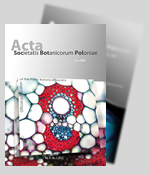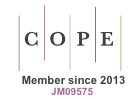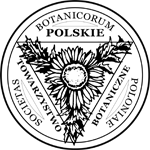Abstract
The paper presents results of geobotanic studies conducted in anthropogenic water bodies like excavation ponds, fish culture ponds, other ponds, dam reservoirs, ditches, channels and recreational pools incl. watering places in Opole Silesia and surroundings in the years 2002-2005. The research focused on occurrence of threatened and rare pondweed communities. As the result of the investigations of several dozen of water bodies, 28 localities of rare pondweed communities were documented by 75 phytosociological relevés. Associations of Potametum trichoidis J. et R Tx. in R. Tx. 1965, Potametum praelongi Sauer 1937, P. alpini Br.-Bl. 1949, P. acutifolii Segal 1961, P. obtusifolii (Carst. 1954) Segal 1965 and P. perfoliati W. Koch 1926 em. Pass. 1964 were found as well as communities formed by Potamogeton berchtoldii, P. nodosus and P. pusillus. The study confirms that anthropogenic reservoirs could serve as last refugees for many threatened pondweed communities, which decline or even extinct in their natural habitats. The results indicate that man-made habitats could shift the range limits of threatened species and support their dispersal. The authors conclude that habitats strongly transformed by man are important factors in the natural syntaxonomical diversity protection and should not be omitted in strategies of nature conservation.
Keywords
pondweed communities; anthropogenic reservoirs; syntaxonomical diversity; Potamogeton sp.; Potamion







